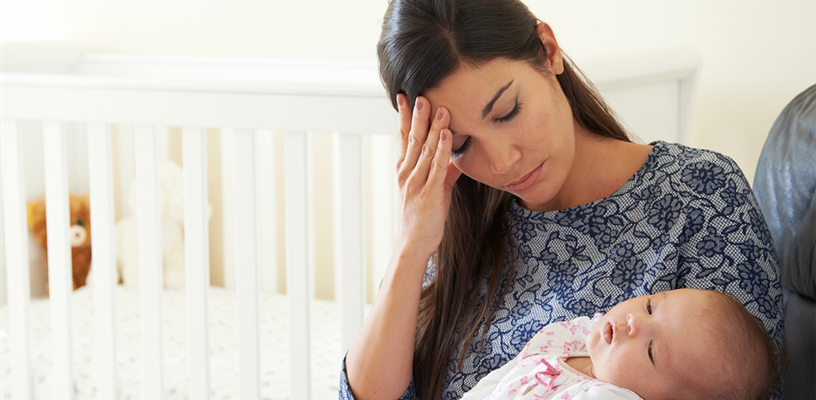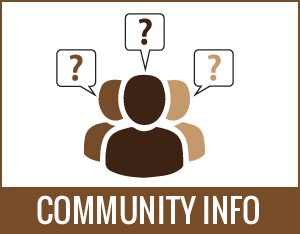
- By Carolyn Moolhuyzen
- Posted Thursday, September 1, 2016
Depression During and After Pregnancy
Only recently have women been comfortable talking about depression before and after pregnancy. Studies show that about 13% of pregnant women and new mothers have depression.
A woman is at a higher risk for depression during pregnancy or in the first year after giving birth if mental illness runs in her family, she has a past history of mental health problems or there is stress related to the pregnancy. Depression during pregnancy or after is a mood disorder just like clinical depression. This is a biological illness that involves changes in brain chemistry and during pregnancy. Hormone changes can affect the chemicals in your brain which are directly related to depression and anxiety.
The following symptoms for two weeks or more are a strong indication of depression: restless or moody, sad, hopeless and overwhelmed, cries a lot, feels guilty and worthless, loses interest or pleasure in activities and withdraws from friends and family. Other factors should be considered after delivery such as obsessing over being a good mother, an unrealistic need to be a perfect mom, feeling less attractive, feeling a loss of who you were before baby and thoughts of hurting self or baby.
If you are experiencing these symptoms call the OB doctor (or mental health provider) immediately and talk with your doctor about the benefits and risks of taking medicine to treat depression when you are pregnant or breastfeeding. If you don’t have a mental health provider ask your OB for a referral. If a loved one is displaying/experiencing these symptoms be supportive, listen to them and encourage them to seek help from their OB (or mental health provider). If you feel like you (or a loved one) are going to harm self or baby call 911 or go immediately to the hospital.






